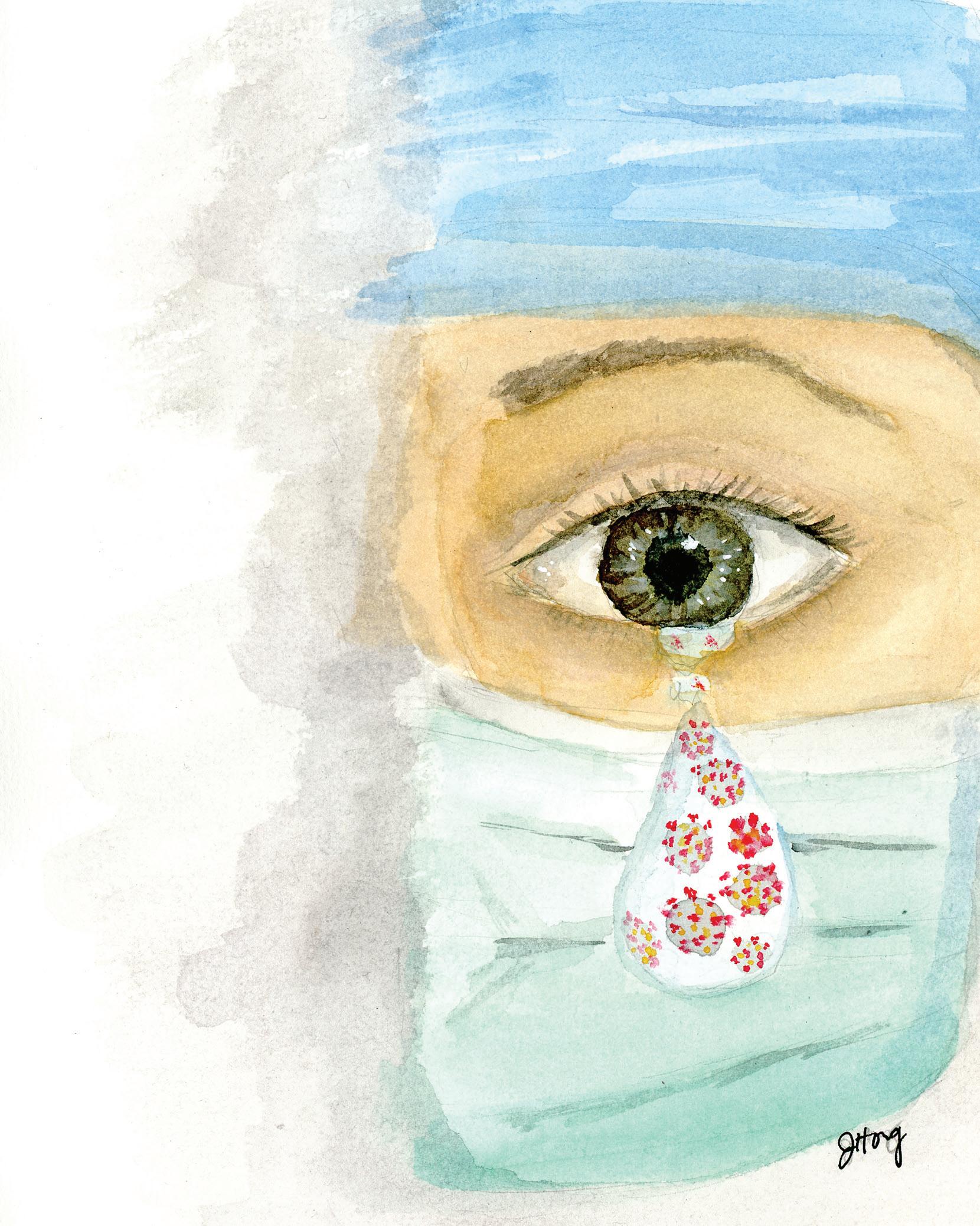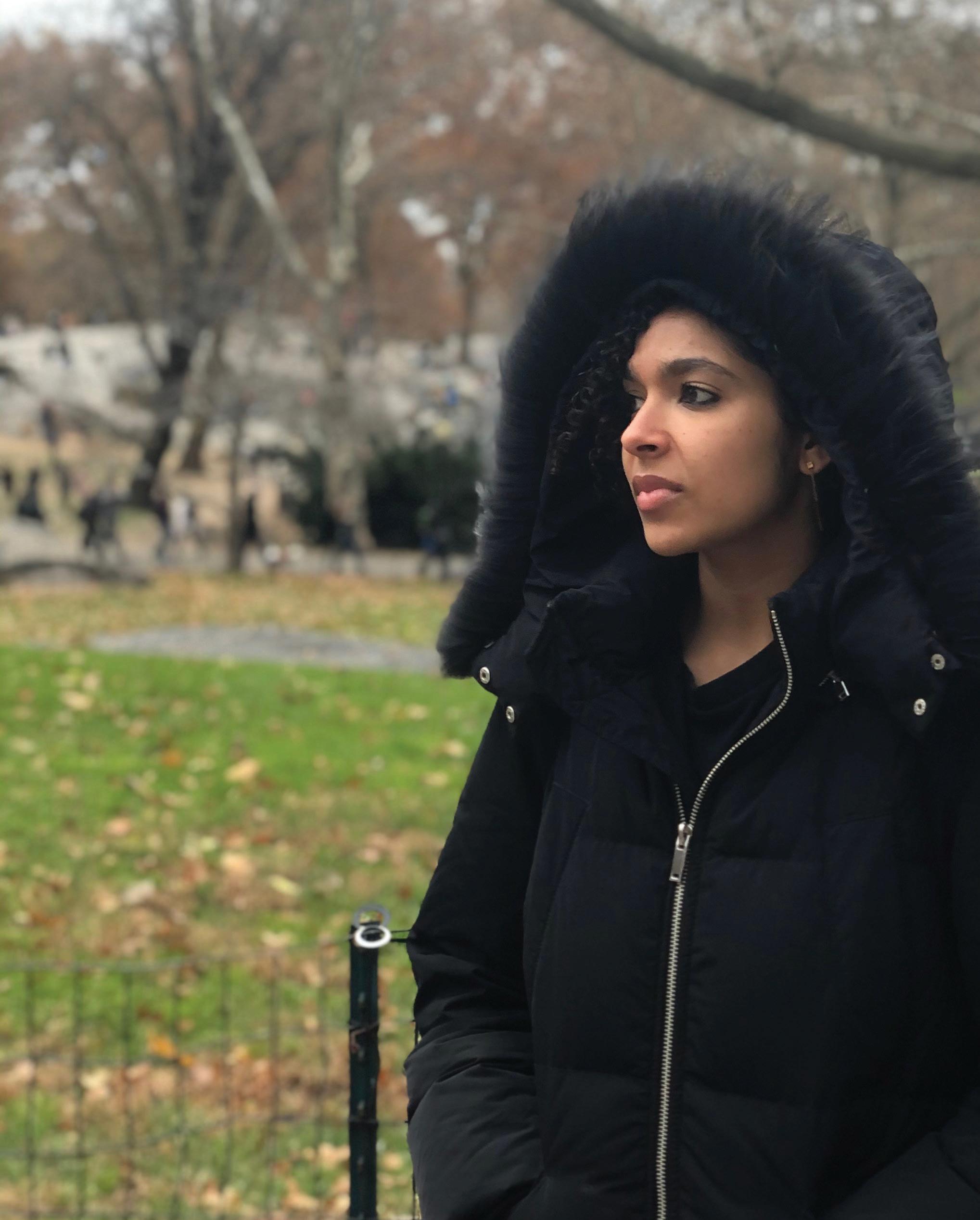
6 minute read
The Scope of Practice
PODCAST
Written by Dr. Brent Lacey
Advertisement
HELPING YOUR PATIENTS IS WHAT YOU LOVE MOST. BUT PUTTING ON YOUR WHITE COAT COMES WITH MANY OTHER RESPONSIBILITIES, MOST OF WHICH YOU WEREN’T PREPARED FOR IN SCHOOL.
Most physicians and dentists enter their profession with large amounts of personal debt. And beyond that - they begin working with little to no knowledge of how to actually run a practice.
You should be able to help your patients and do what you love without being stressed by all the other obligations that come with managing your medical practice.
As a fellow physician, I understand how overwhelming it can be to step out of clinical training and into a career, and I have seen first hand the lack of education on how to run a practice and manage finances.

I was fortunate to grow up in a family where my parents were intentional about teaching me personal finance. Working with colleagues who didn’t benefit from such early financial training inspired me to become certified as a Master Financial Coach. In this new role, my first 300 coaching clients paid off over $1.2 million of debt in just 2 months.
That’s why I started “The Scope of Practice.” My goal is to help you gain the knowledge you need to run your business successfully and manage your personal finances with expertise.
You don’t have to feel overwhelmed by the pressures of running your practice or by your own personal finances. Restore the joy you receive from helping your patients, knowing you have the knowledge and skills to handle all the other responsibilities that come with that. 1
Healing The Healer
Written by Dr. Rupali Chadha
As physicians, as healers, we spend the majority of our days taking care of others. Taking the extra 10 minutes with a patient, calling insurance companies to advocate for those in our care, in policy meetings trying to reshape healthcare to serve the needs of the sick, and not corporations and middlemen. This is what makes our profession a profession and not simply a job. One does not simply stop being a doctor when one comes home from work.
A recent example of this in my own life was being called to assist on a flight back from Paris. Still in vacation-mode, I had to spring into action to help a stranger at 10,000 feet. So with all this caring, often physicians feel the one person they cannot take care of is themselves!
Enter a pandemic. Physicians, now more than ever, are on the frontlines and in harm’s way. We are working under more stressful conditions, longer hours, and now often isolated from our families. So how can we recharge at the end of the day? How can we recharge during the day?
Truly the latter is more important in maintaining wellness. If we only perform self-care at regular intervals we miss being present and healthy all the time. Now don’t get me wrong! Definitely performing self-care with healthy routines like exercise, quality time with loved ones, or unplugging from devices at the end of the day are wonderful ways to stay centered and well. But what if there was a way to always, or almost always, feel peaceful, fresh and healthy?
Surely can this be? Many people have heard of the phrase” mindfulness” thrown around in our holistic, new age culture. So what does it actually mean? Mindfulness is basically a state of awareness. It is a consciousness where we are in a state of noticing. I think it is important to first define who is noticing or aware. Many people think that we are actually our thoughts and feelings. With this identification, we go through the day often mindlessly, just a big blur of thoughts and emotions. We feel bound to these concepts and have no way of regaining control over how we, instead, process or perceive the world inside us.

One does not have to be spiritual at all to grasp this paradigm shift. It has nothing to do with a higher power or soul, if you do not want it to be (though one is certainly welcome to those notions)! Even if consciousness comes from the brain tissue inside our heads, there is something that can notice or be aware of our thoughts and feelings. This means we are not (or not only) our thoughts and feelings. Let that sink in.
The reason this is so important is that this shift places you, the fabulous healer that you are, in the driver’s seat on how you process the world outside and inside. Burnout is real, but what if you viewed it differently? What if, instead of our thoughts and feelings being “us,” they became data to observe and then
MD
One will notice that the more this is practiced, the more it is helpful. And this concept is not new. Ancient faithbased systems, and more modern secular ones, have touted the benefits of being “present.” And the easiest way to be present is to move into a state of awareness. This can start with any of our five senses. We can pause to smell the hospital (ok maybe not ideal), see a table, a chair or feel the wind on our skin. This brings us back to now. Then from here we can notice, “oh that feels nice on my skin,” “oh now I am thinking how nice it feels and I am feeling calmer.” And these observations of course do not have to be in the form of other thoughts! Words are simply the only way I can convey this to you, the reader.
from a deeper place, we made quiet and healthier decisions?

To start this shift, all one has to do is notice and observe without labels or judgments. “Oh there goes my mind again worrying about the future or thinking about the past. Hmmm, isn’t that interesting?” With practice this makes everything in our life less heavy. And isn’t that what enlightenment is?
To lighten up!
When we are in stressful situations, to remember we are not our thoughts and feelings gives us a beat. Some time. Some space to breathe and process things from a lighter place. We all know that time and space often give great perspective. That time or space is not even required to be long, a beat will do!
A fun experiment could be just to try this for a day. Or an hour! Then observe how you feel. And if the topic is of interest, so much has been written about this. A favorite is Eckhart Tolle who wrote, “The Power of Now.” In addition, he has many videos on YouTube freely accessible to all.
So try this today and see if it helps you enter a calmer and happier state. Simply practicing slowing down, not identifying wholly with the body and mind, can help one be oh so present and much more intentional about our choices and reactions to the world. Remember it is hard to give or help anyone when we are operating on empty. And being in the moment and aware is a quick and consistent way to be abundantly full. 1
Dr. Rupali Chadha is a psychiatric physician, practicing in Newport Beach, CA. She works in the subspecialty areas of forensics, prison psychiatry and spiritual psychiatry. She is an expert in care-giver and physician burnout and serves as a medical expert in the media.



L E A D I N G C L I N I C A L N U T R I T I O N
S C I E N C E A N D R E S E A R C H .
I n n o v a t i o n a t N u M e d i c a i s f o u n d e d o n o u r c o m m i t m f e s s i o n a l s t o a d d r e s s t h e i r n e e d s i n h e l p i n g p a t i e n t s a c h i e v e b e t t e r h e a l t h a p p n u m e d i c a c o m Patient Referral Code 14899
Publisher: Dr. Marlene Wüst-Smith, MD Editor in Chief: Alicia Roselli Copyright Editor and Contributing Author : JR Hill VP of Advertising: Pamela Ferman Director of Art and Production: Ricardo Castillo Social Media Interns: Priscilla Contreras and Letitia Bottino Contributing Authors Dr. Marlene Wüst-Smith, Nathan Eckel, Alli Wittbold, Dr. Megan Babb, Dr. Nana Dadzie Ghansah, Dr. Nelson Nicolasora, Dr. Mark Lopatin, Stephanie Wottrich, MS4, Dr. Niran Al-Agba, Dr. Daniel Waters, Dr. Leah Houston, James N. Giordano, Dr. Brent Lacey, Dr. Michelle Quirk, Dr. Lynn Stiff, Dr. Katrina Ubell, Dr. Rupali Chadha, Original Artwork: Dr. Priscilla Sarmiento-Gupana, Dr. Douna Montazer, Dr. Maycie Elchoufi, Dr. Judith Hong, Dr. Anu Gupta, Marko Bello, Dr. Jennifer So, April Brust, Dr. Nana’s daughter Alexis Ghansah, Hetvi Joshi MD


Published By “Physician Outlook Publishing” Editorial Policy Physician Outlook Magazine is a national magazine dedicated to empowering physicians and their patients to improve the world of medicine together. Editorial decisions are based on the editor’s judgement of the quality of the writing, the timeliness of the content and the potential interest to the readers of The Physician Outlook Magazine. The magazine may publish articles dealing with controversial issues. The views expressed herein are those of the authors and/ or those interviewed and might not reflect the official policy of the magazine. Physician Outlook neither agrees nor disagrees with those ideas expressed, and no endorsement of those views should be inferred unless specifically identified as officially endorsed by the magazine. Letters to the Editor Email: aroselli@physicianoutlook.com Information on Advertising, Subscriptions, Job Board Email: hello@physicianoutlook.com “Physician Outlook is a registered trademark”
Cover art by Dr. Priscilla Sarmiento-Gupana











